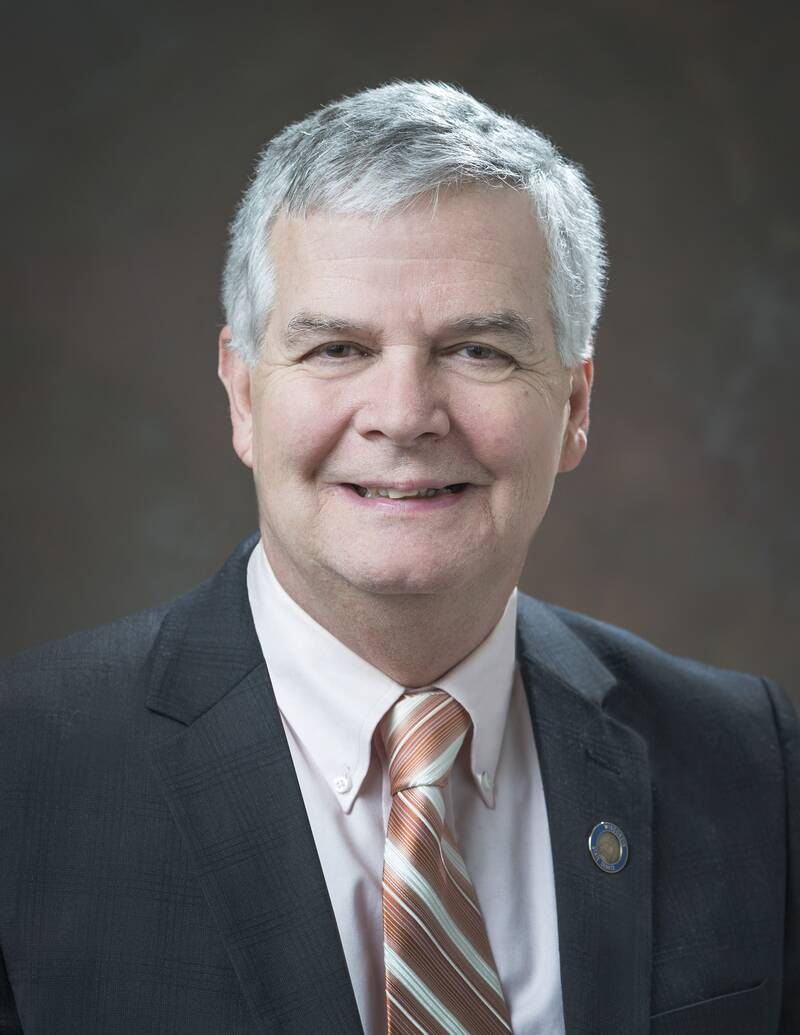Every other January the Legislative Fiscal Bureau (LFB), a nonpartisan agency, reviews Wisconsin’s general fund and projects an economic forecast for the state. Recently the LFB reported an expected $450 million surplus by the end of this biennium, on June 30, 2021.The question now is what do we do with that surplus?
Governor Tony Evers has a plan. Two weeks after the LFB released their findings, the Governor called for a special session to invest in our public schools and reduce property taxes. He did this because he knows that what’s best for our kids is what’s best for our state. However, Republican leaders rejected Governor Evers’ plan and touted a one-time tax break to property owners in Wisconsin.
Governor Evers’ plan would restore the state’s commitment to fund two-thirds of public education costs, invest more in special education and increase mental health services available for school children. Additionally, it would prioritize funding rural schools through sparsity aid.
Schools in the 31st Senate District would see new investments over $3.9 million in general school aid, $880 thousand in sparsity aid and $2.1 million in special education aid. And these are just part of Governor Evers’ recommendations.
The complete package would also fund special education readiness grants, aid for mental health programs and service grants and tribal language revitalization grants. Altogether, the schools in the 31st Senate District would receive more than $12 million.
Properly supporting our public schools at the state level would decrease the burden on homeowners by not requiring school districts to pass referenda just to keep operating. These much needed, overdue contributions would ensure all students have access to a quality education while fulfilling shared goals to provide tax relief. Residents of the 31st Senate District would see more than $7 million in property tax relief under Governor Evers’ proposal.
If there is a way to satisfy both sides, shouldn’t we at least be open to discussing it? We should lay all ideas out on the table and figure out how to use the best ideas of both sides to work for the better good of Wisconsin. I know it can be done and I know there are legislators on BOTH sides who want to work together.
We need long-term solutions to address the challenges our public schools and rural communities are facing. I don’t think tax credits are a long term answer to any subject we try to tackle, especially not critical issues like education. The other side of the aisle is saying the opposite and adds that the governor’s proposal is not the answer either.
And just like the call to work together on other fundamental issues from helping our farmers to gun safety; why does it have to be one or the other? The Governor has one package of bills he would like passed and the Republicans have their own. Once again I ask, “Why does it have to be one or the other?” After all, the most common questions I hear from our constituents is “Why can’t you get along and work together?”
I want to believe there is room to agree because we all care about these issues and can collaborate to find a solution. If government worked as it should, we would lay all proposals down side by side and hash it out. This is a great opportunity to prove to citizens that we can work as a shared governance.
This place in history is the perfect opportunity to restore shared governance as it once was. No, we don’t need to bring back the practice of making decisions in “smoke-filled rooms.” However we may benefit from adapting a collaborative spirit and restoring faith and trust in our elected officials. Now is the time to work for everyone and cut taxes by prioritizing Wisconsin’s future.



Add new comment